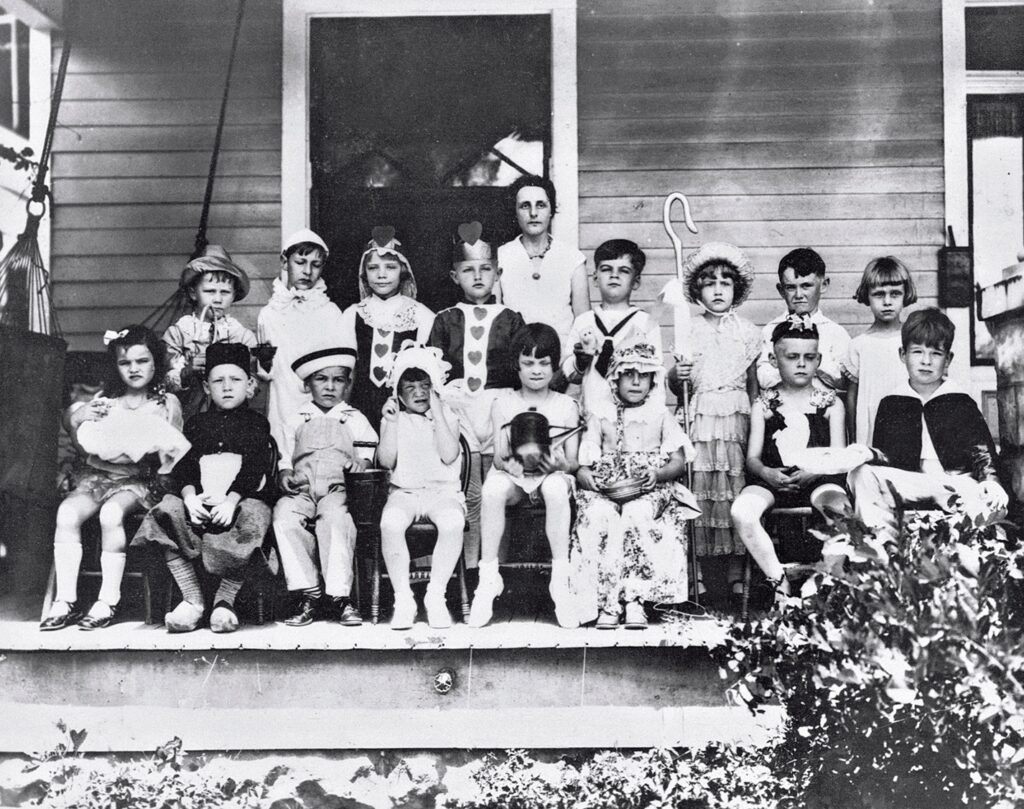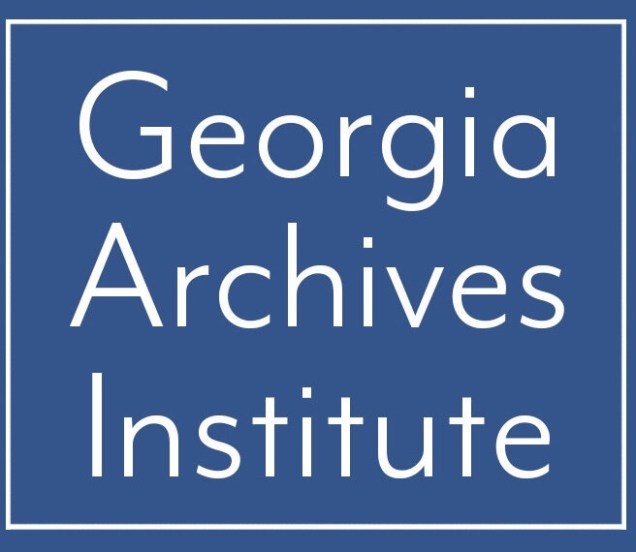Society of Georgia Archivists 2025 Georgia Archives Month poster.
Happy Archives Month! October helps us appreciate archives across Georgia and the nation with American Archives Month and Georgia Archives Month. Every October gives archivists the opportunity to promote their collections, letting researchers, citizens, and users see the importance of preserving local histories. One of the City of Savannah Municipal Archives’ documents is featured on the Society of Georgia Archivists’ Georgia Archives Month poster. The theme for this year’s poster was “leave your trace in the right place; documenting Georgia’s environment through archives.” With a focus on the outdoors and its’ connection to our lives, how the environment and the changes in our cities make an impact in our daily lives.
“The Water Lords: Task Force Report on the Savannah River, Uncorrected Preliminary Draft,” by Ralph Nader and Center for Study of Responsive Law, 1971.
Record Series 1121-027, Savannah Area Local Government Documents Collection, SAV.WPC.1971-001, 1971.
City of Savannah Municipal Archives.
Savannah citizens have no bigger connection to the environment than the Savannah River. The Municipal Archives submitted for feature on the poster a significant report titled The Water Lords: Task Force Report on the Savannah River, Preliminary Draft, Introduction by Ralph Nader and written by the Center for Study of Responsive Law, 1971. The comprehensive report provides vital insight into the state of the Savannah River in the 1970s. The report was researched and written by the Savannah River Project task force, made up of Project Director James Fallows, lawyer and project adviser Harrison Wellford, and eleven students. The main objective of this task force was to find out how to stop the pollutants from reaching the Savannah River, as the task force already knew the river was polluted. The report also gives readers the opportunity to understand how easy it is to do their own study of their local environments.
Hanging out by the Savannah River, 1997.
Record Series 0123-045, Public Information Office Photograph collection, Item 0123-045_08-30-004.
City of Savannah Municipal Archives.
An impactful introduction by Ralph Nader recounts, “What this report calls for, in simplest fashion, is for the industrial companies next to Savannah, and other similar operations around the country, to pay their taxes and their environmental way—just as any small, non-corporate citizen is expected to do.” (Nader, VI)
Another important aspect of this report is that it is an annotated uncorrected edition received by a local firm prior to publication. Throughout the publication you can see handwritten edits to sections of the text. Some of the edits are not just in the margins and between lines of text, but typewritten sections are pasted on top of one another. This gives the reader opportunities to see the edits and revisions suggested by the local company.
Did the report have any impact on the contaminations in the Savannah River? Absolutely, the lasting impacts of this report are felt throughout the country today. The attention and pressure brought upon the Union Camp Company (now known as International Paper Company) for discarding their waste into the Savannah River was one of the most significant. The Clean Water Act was passed in 1972 after growing concern across the country regarding water pollution highlighted in reports just like this on.
Union Camp, 1995.
Record Series 0123-045, Public Information Office Photograph collection, Item 0123-045_08-41-001.
City of Savannah Municipal Archives.
Archives can not only connect us to the past but also to our environment. This report has been digitized and can be made available upon request. To see our full inventory of reports and studies check out the Savannah Area Local Government Documents collection.
Learn more about Georgia Archives Month at https://soga.org/archivesmonth and American Archives Month at https://www2.archivists.org/initiatives/american-archives-month-the-power-of-collaboration.
By Megan Kerkhoff
Records Management Program Coordinator
October 2025



